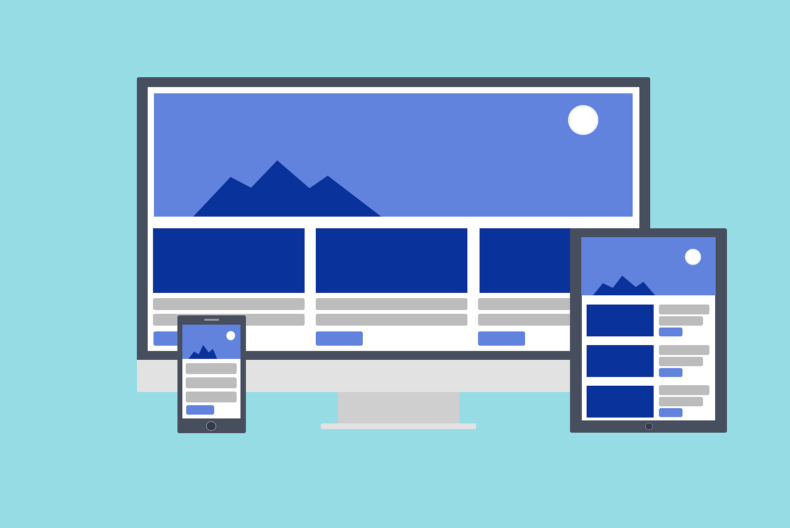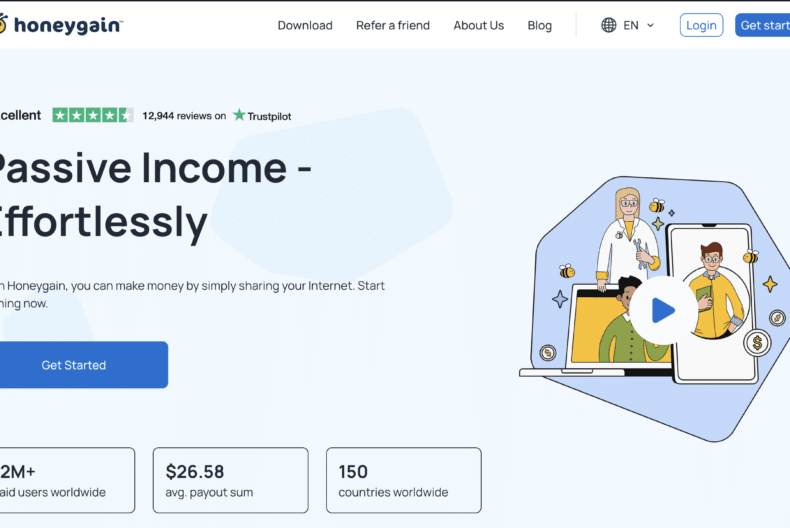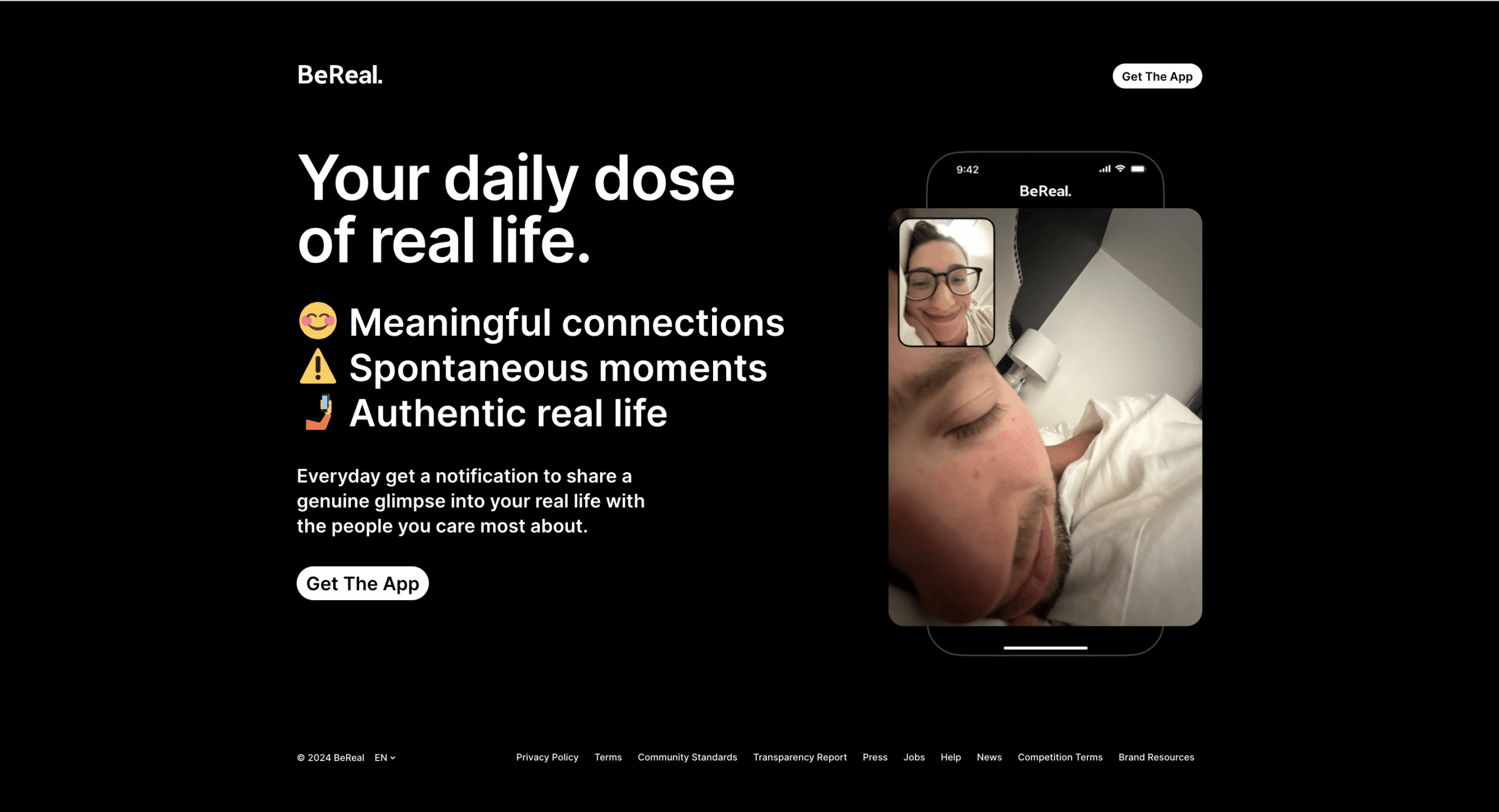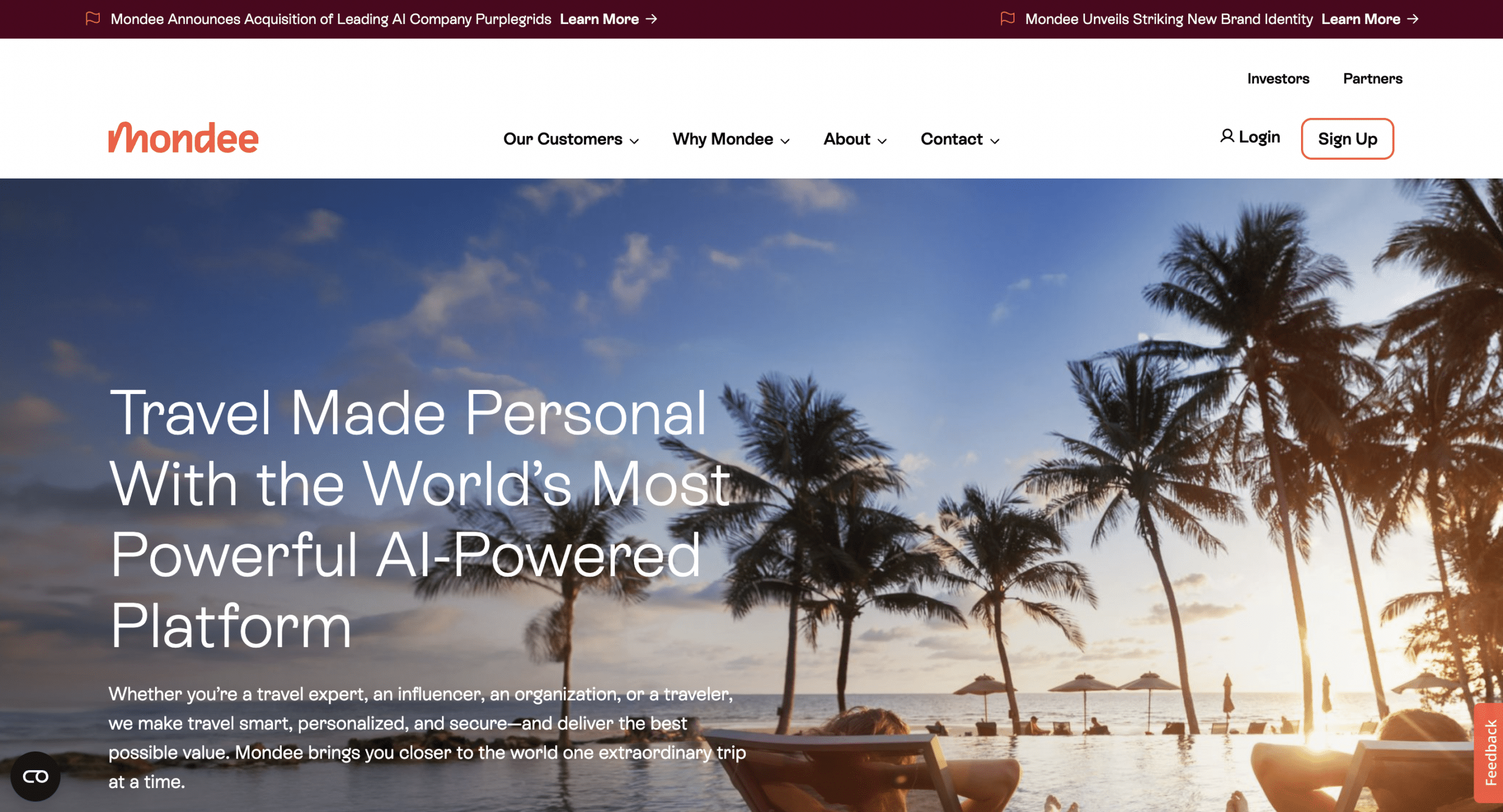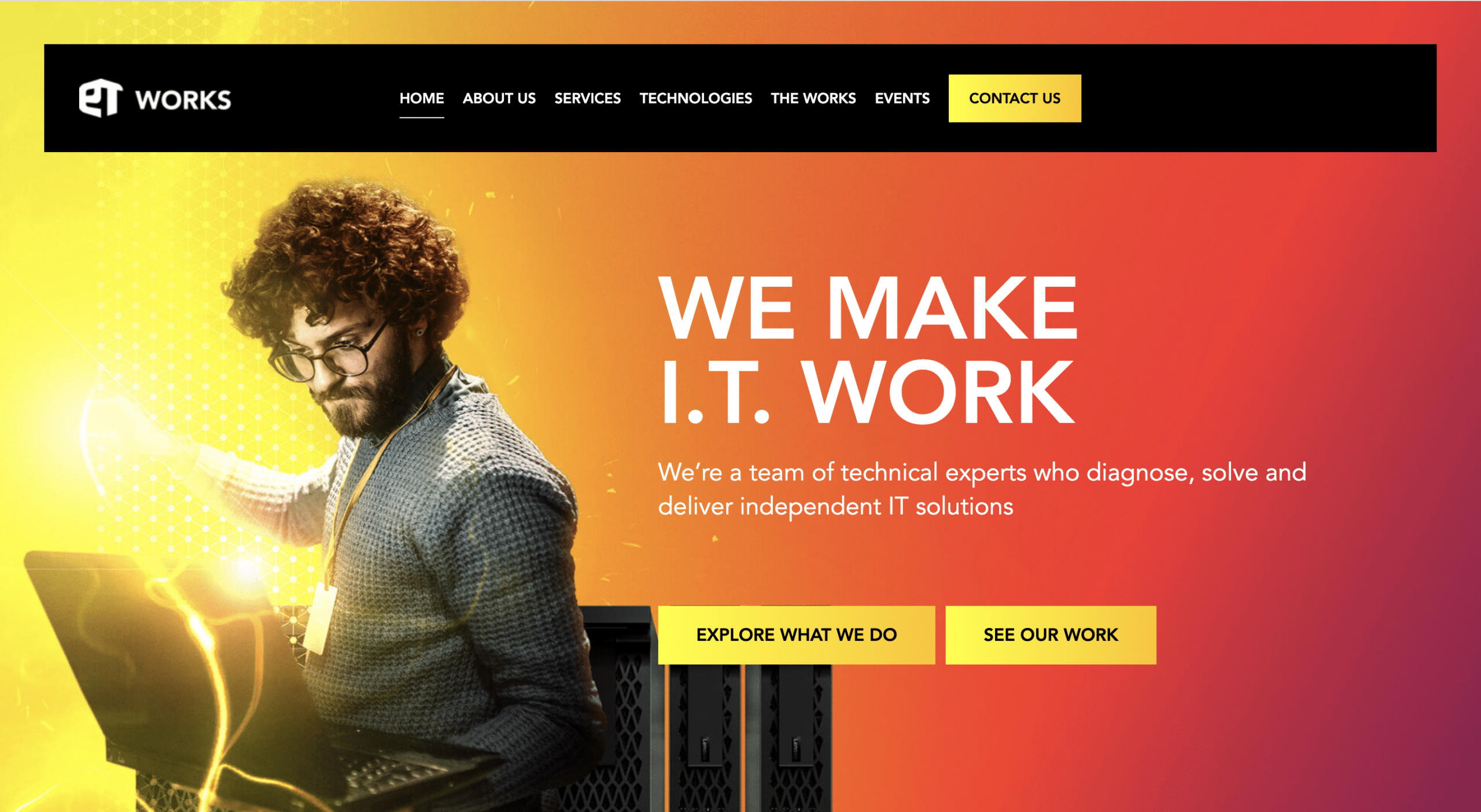The Pros and Cons of WordPress Page Builders
By Sean Lang

In the realm of WordPress development, the choice between using a page builder or sticking with traditional coding methods is a common dilemma. Page builders offer a user-friendly way to create visually stunning websites without the need for extensive coding knowledge. However, like any tool, they come with their own set of advantages and disadvantages. In this post, we’ll delve into the pros and cons of using page builders in WordPress development to help you make an informed decision.
Pros of Using Page Builders:
- Ease of Use: Page builders typically feature a drag-and-drop interface, allowing users to create complex layouts simply by dragging elements onto the page and arranging them as desired. This intuitive approach makes website creation accessible to individuals without coding expertise.
- Time Efficiency: By eliminating the need to write code from scratch, page builders can significantly speed up the development process. With pre-designed templates and ready-to-use elements, developers can create professional-looking websites in a fraction of the time it would take using traditional methods.
- Customisation Options: Despite their user-friendly interface, page builders offer a wide range of customisation options. From adjusting colours and fonts to adding animations and effects, developers have the flexibility to tailor the design to meet their clients’ specific requirements.
- Responsive Design: Many page builders come with built-in features for creating responsive designs that look great on all devices. This ensures that websites are accessible and user-friendly across desktops, tablets, and smartphones, without the need for manual coding adjustments.
- Third-Party Integrations: Page builders often integrate seamlessly with third-party plugins and tools, allowing developers to extend functionality and incorporate additional features into their websites without writing custom code.
Cons of Using Page Builders:
- Learning Curve: While page builders aim to simplify the website development process, there is still a learning curve associated with mastering their features and capabilities. Beginners may find it challenging to navigate the interface and make full use of all available tools.
- Performance Overhead: Some page builders generate bulky and inefficient code, which can impact website performance and loading times. Excessive use of animations, effects, and third-party plugins can further exacerbate these issues, leading to a suboptimal user experience.
- Limited Flexibility: Despite offering a wide range of customisation options, page builders can be restrictive when it comes to implementing complex design layouts or functionality. Developers may encounter limitations in terms of design flexibility and code customisation, especially when compared to hand-coding solutions.
- Vendor Lock-In: Choosing a page builder locks developers into a specific ecosystem, as each builder uses its own proprietary system for creating and managing content. Migrating away from a page builder to a different platform or custom solution can be challenging and may require rebuilding the website from scratch.
- Dependency on Updates: Page builders require regular updates to fix bugs, patch security vulnerabilities, and introduce new features. However, these updates can sometimes cause compatibility issues with existing websites or plugins, leading to unexpected downtime or functionality issues.
In conclusion, the decision to use a page builder in WordPress development comes down to weighing the convenience of a user-friendly interface against the potential drawbacks of performance overhead and limited flexibility. While page builders offer a streamlined approach to website creation, developers should carefully consider their specific requirements and evaluate whether a page builder aligns with their long-term goals and objectives. Ultimately, the best choice will depend on the individual needs of the project and the skill level of the development team.
